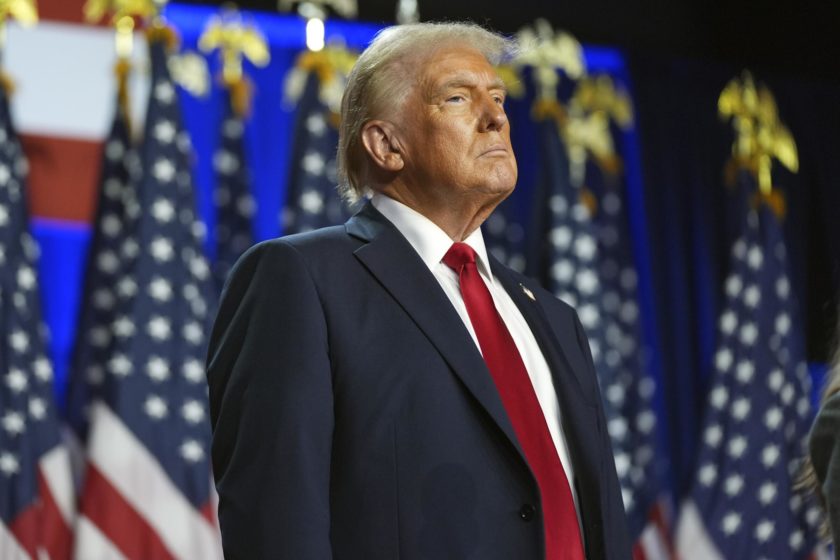OCC acting Chief Brian Brooks asserts that blockchain is the future of banking and that financial institutions will eventually be blockchain-based.
The Office of the Comptroller of the Currency (OCC) announced on Wednesday that it had bestowed a federal bank charter on crypto custodian Anchorage. The bank, which had previously been running as a registered trust company in South Dakota is now the first national cryptocurrency bank.
The OCC is a division of the Treasury Department with the directive to keep banks safe and competitive.
Financial institutions have been facing regulatory setbacks in terms of storage, management and trading of cryptocurrencies. The OCC, in a bid to remedy this, has issued three interpretative letters that facilitate the study of blockchain networks by banks. This will, in turn, enable them to participate in the technology.
Anchorage, will, of course, be expected to adhere to OCC standards.
“In granting this charter, the OCC applied the same rigorous review and standards applied to all charter applications. By bringing this applicant into the federal banking system, the bank and industry will benefit from the OCC’s extensive supervisory experience and expertise,” says a statement by the OCC.
Anchorage President Diogo Mónica stressed the fact that the institution was indeed a national bank, with the only distinction being that they deal in crypto as opposed to other assets.
OCC acting Chief Brian Brooks asserts that blockchain is the future of banking and that financial institutions will eventually be blockchain-based. He noted:
“I think what’s necessary is the creation of crypto banks that are able to hold stablecoins that reflect value of a fiat currency, but that doesn’t change the native asset, and you need to have real cryptocurrencies over here where they interact directly with each other, with no need to ever off-ramp. Fiat will ultimately be a legacy thing of the past.”
Brooks, former Coinbase legal counsel, has led the OCC since May 2020. In his assignment, he has steered the organization in a more crypto-friendly direction. He has also held that crypto-firms need to be regulated at the national, and not state level. He believes this federal charter will enable businesses to operate seamlessly around the country. Mónico agrees, noting that this will allow crypto start-ups to “be connected directly to the core of the financial system”.
The charter may well be Brooks last major action as OCC chief. This week might be his last. His pro-crypto decisions have, of course, been met with opposition from lawmakers with calls being made that President-Elect Joe Biden repeal some legislation approved during Trump‘s tenure. Key among these are all recent crypto regulations by the OCC.
While Biden‘s course of action in this regard remains to be seen, it is clear that a federal charter will not be easy for the new OCC chief to reverse.
Mercy Mutanya is a Tech enthusiast, Digital Marketer, Writer and IT Business Management Student.
She enjoys reading, writing, doing crosswords and binge-watching her favourite TV series.




